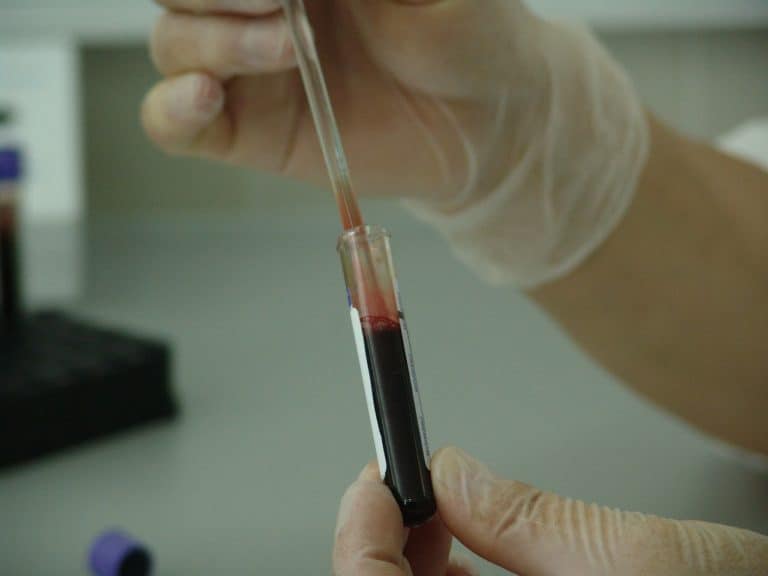If you’re a man or have a man in your life, the controversy over whether men should bypass regular prostate cancer testing using the PSA (prostate-specific antigen) test, as recommended by the US Preventive Services Task Force, has likely been on your radar recently. Although the debate has been contentious, you could say it’s been beneficial in a way, because it has highlighted the importance of men taking control of their healthcare decisions and the risk of prostate cancer and the factors associated with it.
It’s this latter topic I want to address here, and it is at the heart of the PSA screening controversy. The truth is, some men are more likely to develop prostate cancer than others, and to suggest in any way that men should forego regular PSA testing could put certain populations of men at significant risk. So here are three groups of men who are at heightened risk of prostate cancer and who should be more concerned about getting screened.
African American men
Research shows that African American men develop prostate cancer about 60 percent more often than do white American men. Here are some other statistics:
- African American men are more likely to be diagnosed with more advanced prostate cancer than are white men
- African American men are more likely to develop aggressive prostate cancer
- The death rate from prostate cancer is 2 to 3 times greater among African American men than it is among white men
- African American men seem to possess a genetic characteristic that makes them absorb more calcium than normal, which increases their prostate cancer risk
All of these factors strongly suggest African American men should be screened for prostate cancer using the PSA test beginning at age 40.
Men with family history
Check your family tree: if you have a father or brother with prostate cancer, your chances of developing prostate cancer yourself is more than double compared with men who don’t have such a family history. If you’re a man whose brother has prostate cancer, your risk is even greater than if your father has the disease.
In addition, if you have several family members with prostate cancer and the cancer developed at an early age, these factors also increase your risk. The bottom line: If prostate cancer is in your family tree, you should undergo PSA testing by age 40.
Men with agent orange exposure
Many veterans of the Vietnam War between 1962 and 1971 and some military personnel who were in the demilitarized zone in Korea in 1968 and 1969 were exposed to the now-banned chemical defoliant called Agent Orange. Despite initial claims to the contrary, scientists and the US government revealed that exposure to Agent Orange was associated with the following:
- A twofold increased risk of prostate cancer
- Veterans exposed to Agent Orange have been diagnosed with prostate cancer 2.5 years younger than other men with the disease
- Veterans exposed to Agent Orange are nearly four times more likely to develop metastatic prostate cancer than men who were not exposed
An association between Agent Orange and prostate cancer is clear. Any man who served in the Vietnam War or who was in the demilitarized zone in Korea during the stated times and who has not been screened for prostate cancer should do so.
The Department of Veterans Affairs offers veterans free health examinations through the Agent Orange Registry.
More risk factors for prostate cancer
Beyond these three high-risk factors, there are more risk factors for prostate cancer all men and their healthcare providers should take into consideration when deciding whether they should be screened for prostate cancer. Here they are, in alphabetical order.
- Age: Men age 65 years and older
- Diet: A diet high in fat, red meat, calcium, and dairy foods
- Environmental toxins: Exposure to a variety of environmental chemicals and poisons, including pesticides, industrial agents, and bisphenol-A (BPA)
- Heredity/genetics: Up to 10% of prostate cancer is associated with genetics
- Hormones: An imbalance of hormones–testosterone, dihydrotestosterone, and estradiol/estrogen–has a role in prostate cancer risk
- Inflammation: A relatively new addition to the list of risk factors, as inflammation plays a role in damaging DNA
- Obesity: Obesity has an effect on testosterone and estrogen, and it also is a risk factor for diabetes and metabolic syndrome, which may be associated with prostate cancer
- Sedentary lifestyle: Lack of physical exercise
It’s a question every man needs to ask himself: “Am I at risk for prostate cancer?” Review the known risk factors and then make an informed decision about prostate cancer screening.
Read more in our Prostate Cancer Health Center.







